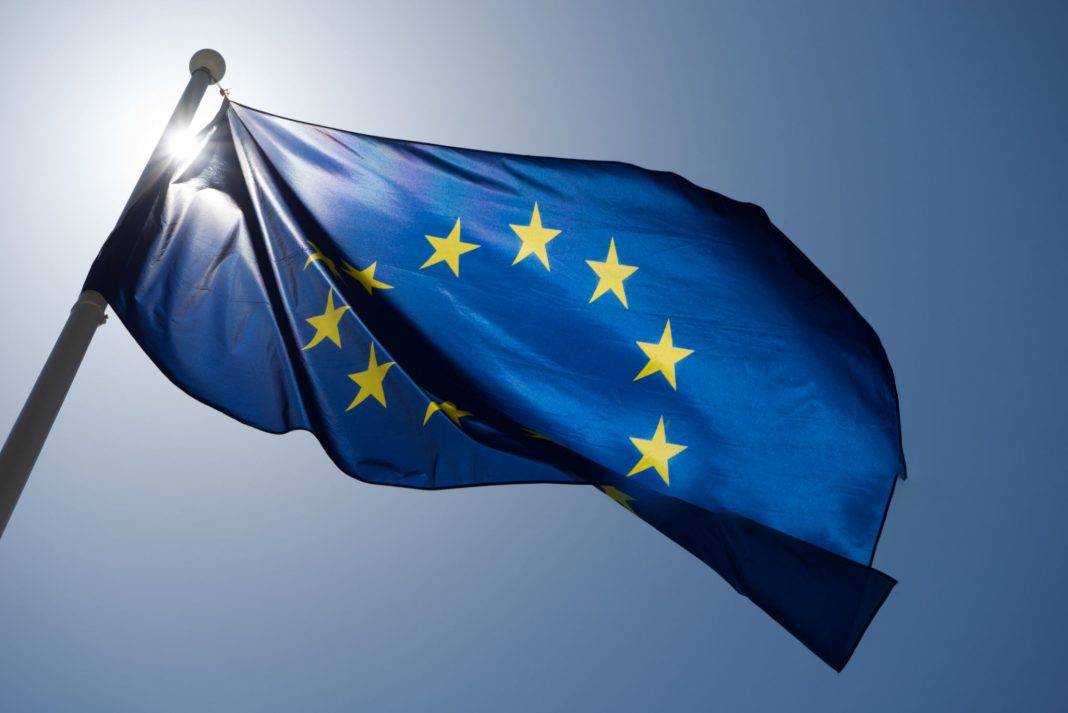Background to the Formation of the EU
The European Union is an economic-political union made up of 27 European countries. The origins of the EU go back to the European Economic Community (EEC), which was formed in 1957 by the Treaty of Rome between six European countries and was merely an economic union. Since then, the EU has grown with the addition of new members. In 1993, the Maastricht Treaty established the current legal framework of the Union.
Maastricht Treaty
The first countries to form the union in the Italian capital were Belgium, France, Italy, Luxembourg, the Netherlands and West Germany. The treaty was extended to 15 countries in 1993 under the Maastricht Treaty, signed in the Netherlands, and all members pledged to implement the single currency by 1999, called the euro. The pact also refers to many political and security agreements, including the commitment to protect the borders of member states and the formation of a single force. This security agreement is important because it prevents the emergence of dictators such as Napoleon and Hitler. Because if any member of the pact decides to attack another one, it must face the other members of the union.
The Schengen Agreement
One of the main treaties signed between the EU member states is the Schengen Agreement. The treaty is a transit permit between member states with a common and unrestricted passport. Non-EU nationals can also travel to all the member states by obtaining a visa from one of them, which were initially five countries. But all the members of the treaty gradually implemented the travel rule.
EU Members
These include Austria, Italy, Belgium, Latvia, Bulgaria, Lithuania, Croatia, Luxembourg, Cyprus, Malta, Czechia, Netherlands, Denmark, Poland, Estonia, Portugal, Finland, Romania, France, Slovakia, Germany, Slovenia, Greece, Spain, Hungary, Sweden, Ireland.
European Countries Not Members of the European Union
These include the UK, Iceland, Norway, Bosnia and Herzegovina, Switzerland, Belarus, Russia, Ukraine, Moldova, Kazakhstan, Armenia, Azerbaijan, Greenland, Kosovo, Turkey, Serbia, Montenegro, Macedonia, Georgia
EU Goals and Values
All EU members work together to achieve certain common goals, values and interests. The most important of these is to have peace and promote the well-being of their citizens. In this regard, the union makes every effort in line with freedom, security, justice without internal borders, solidarity, sustainable economic and social development, and environmental protection. It fights against social exclusion and discrimination, and works for scientific and technological progress, strong economy, social and territorial cohesion, and respect for the rich cultural and linguistic diversity of the EU member states. All this means that EU citizens, regardless of nationality, enjoy a number of benefits. Hence, the EU passport became one of the most popular passports in the world.
Benefits of Living in the EU
Some of the most important benefits of living in the EU are:
- 1. No need for a visa
2.The right to employment and housing
- 3. Scholarships
- 4. Quick and easy start-up of business
- 5. Access to health services
- 6. Property ownership
- 7. Common services
Headquarters of the European Union
All EU member states were interested in having a single headquarter which could be considered as the main assembly place for the members. But they were never able to create a special capital for it. Therefore, several places under different headings exist for different members to gather, as follows:
Brussels: The de facto capital of the EU, home to the European Commission and the Council of Ministers. It is also the venue for small meetings of the committees of the European Congress. The city has hosted all the meetings of the Council of Europe since 2004.
Strasbourg: The seat of the European Parliament, as well as the venue for annual public meetings that last 12 weeks. It is also home to the Council of Europe and the European Court of Human Rights, which have seceded from the EU.
Luxembourg: The seat of the European Court of Justice, the Secretariat of the European Parliament and the European Investment Bank.
EU Position
The union consists of 27 independent countries. So far, six more candidates are waiting to be added to the union. It lost one of its most important and powerful members (the UK) on 31 January 2020. But the very powerful industrialised nations of Germany, France and the Netherlands, both politically, economically and militarily, are still the main pillars of the union.

